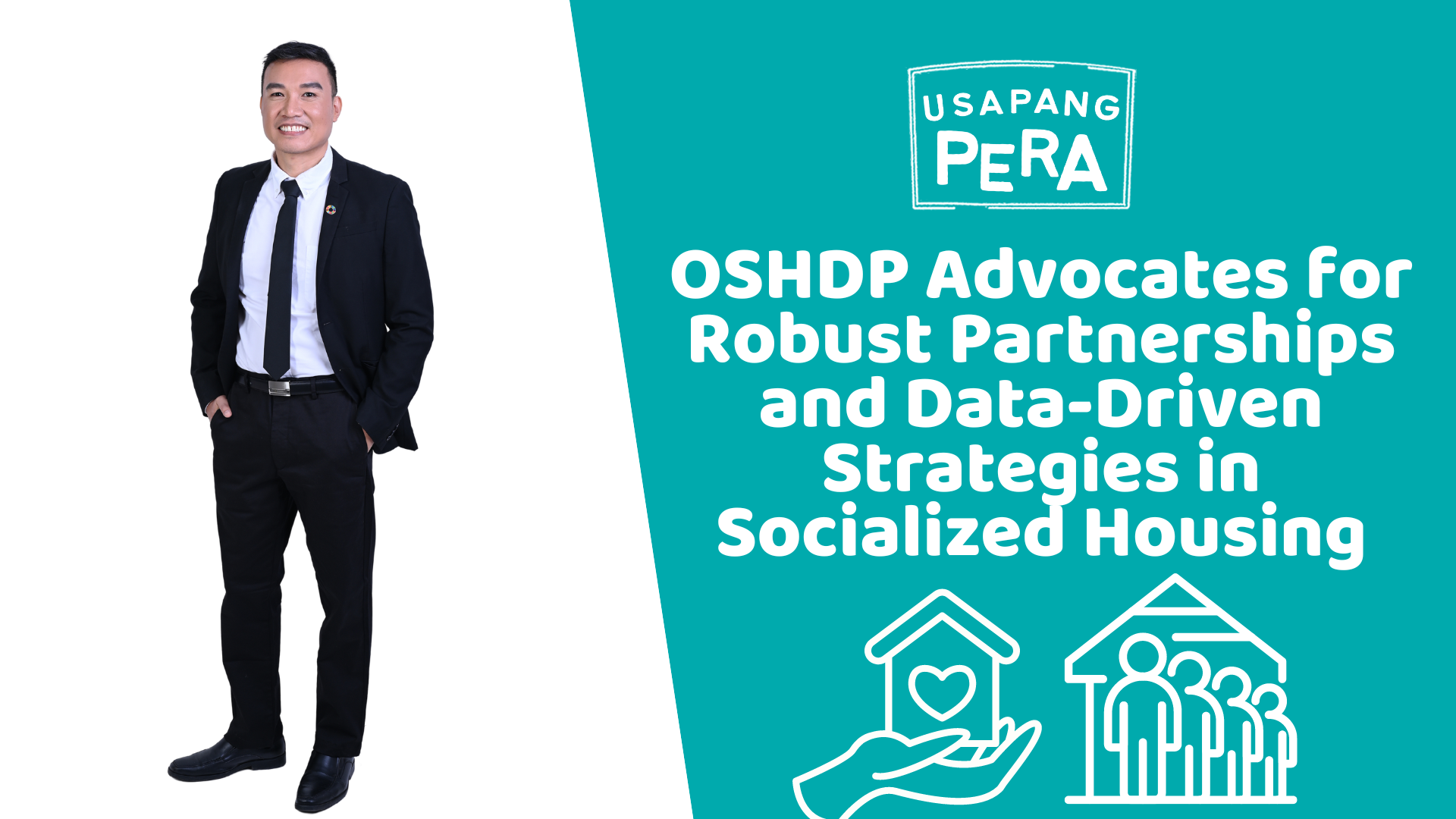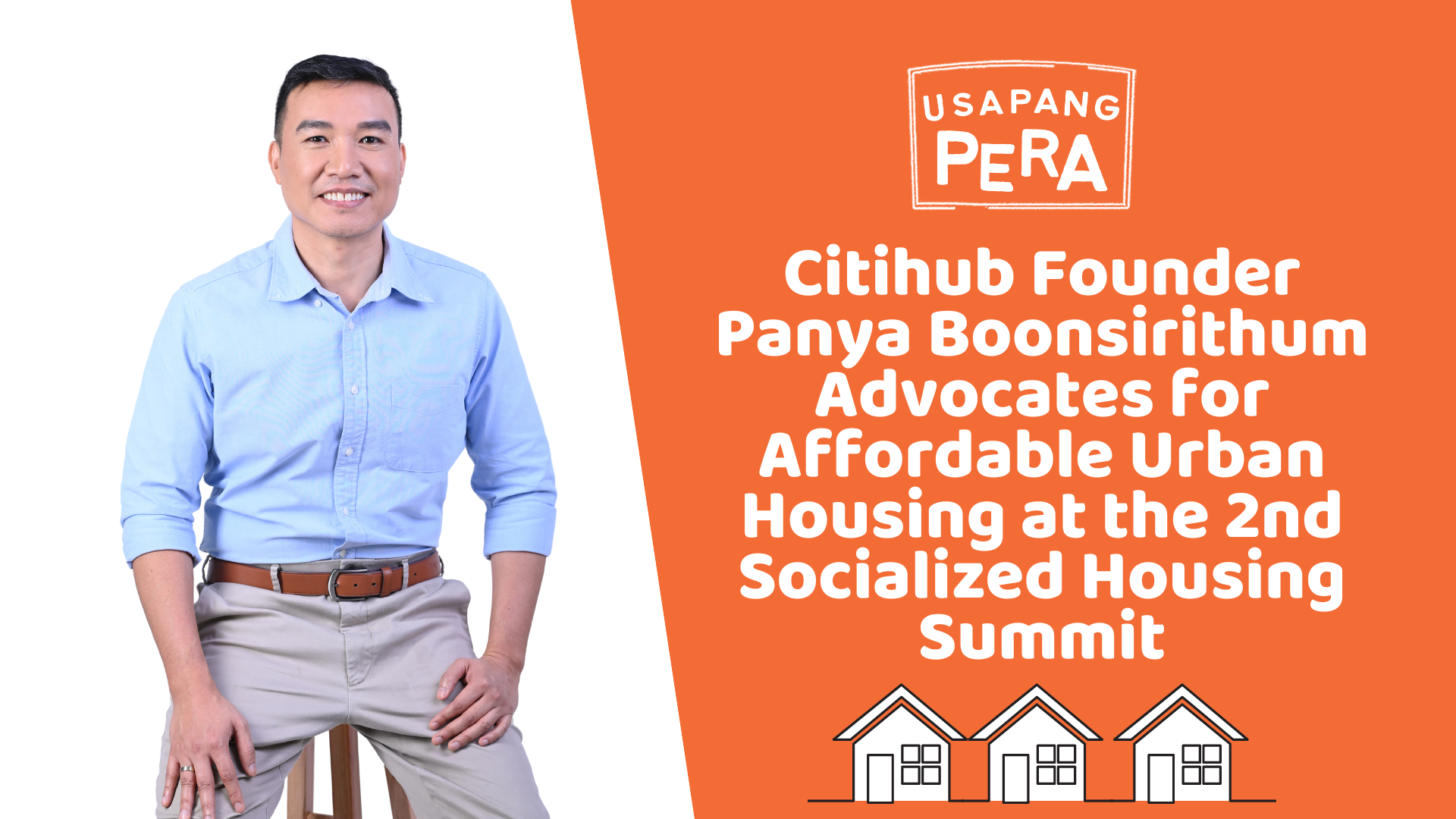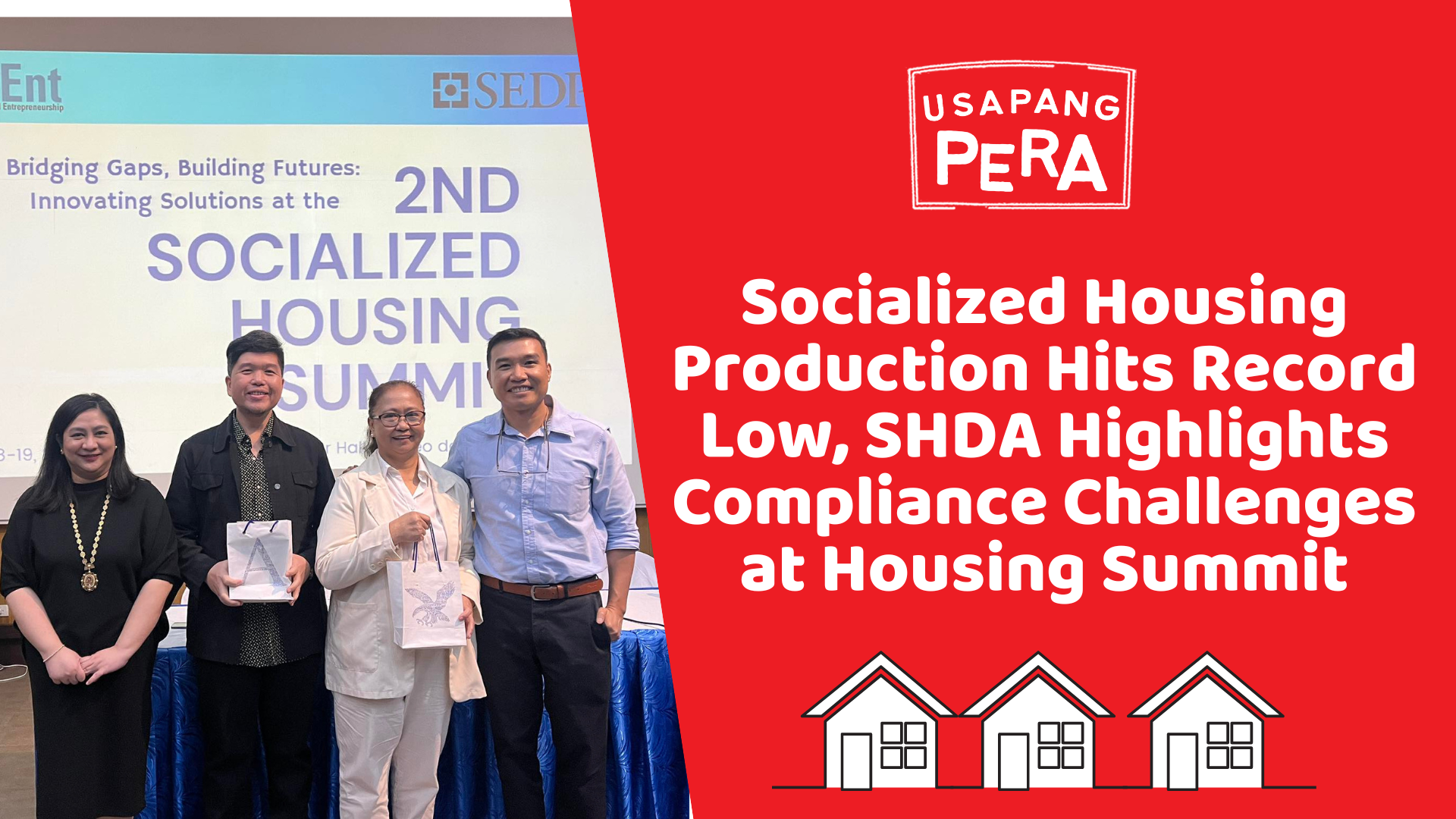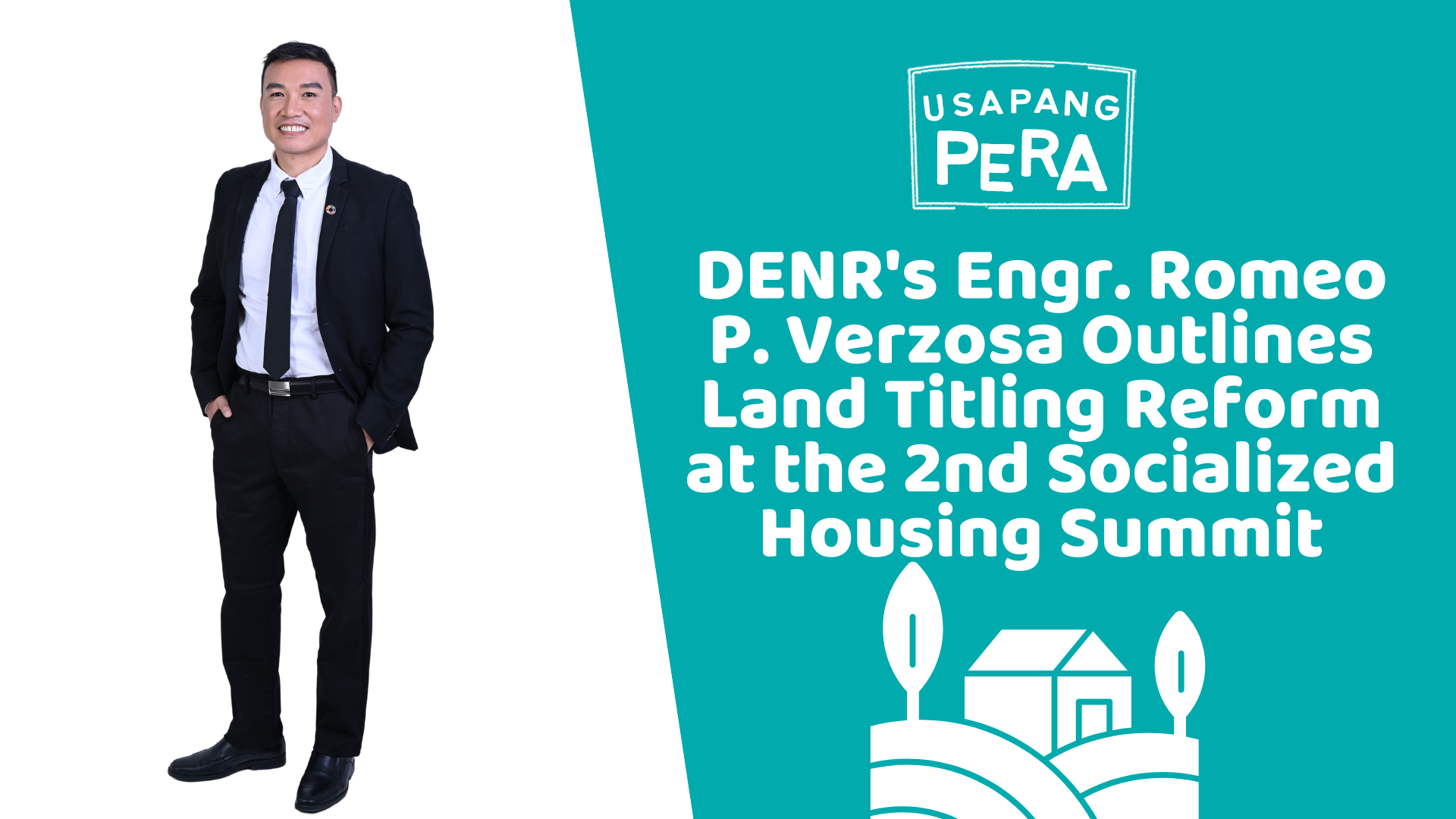Tag: housing program
-

OSHDP Advocates for Robust Partnerships and Data-Driven Strategies in Socialized Housing
At the 2nd Socialized Housing Summit, held at the Ateneo de Manila University on March 18-19, 2024, Engr. Marcelino Mendoza of the Organization of Socialized and Economic Housing Developers of the Philippines Inc. (OSHDP) provided an in-depth look at the vital role mass housing developers play in addressing the country’s urgent housing needs. Organized by…
-

Citihub Founder Panya Boonsirithum Advocates for Affordable Urban Housing at the 2nd Socialized Housing Summit
In a striking presentation at the 2nd Socialized Housing Summit, held on March 18-19, 2024, at the Ateneo de Manila University, Panya Boonsirithum, the founder of Citihub, shared his visionary approach to addressing Metro Manila’s housing crisis. Organized by the Ateneo Center for Social Entrepreneurship (ACSent) and Social Enterprise Development Partnerships Inc. (SEDPI), the summit…
-

Socialized Housing Production Hits Record Low,SHDA Highlights Compliance Challenges at Housing Summit
During the enlightening 2nd Socialized Housing Summit, Santiago F. Ducay from the Subdivision and Housing Developers Association (SHDA) presented a concerning update on the state of socialized housing in the Philippines. The year 2023 saw the production of socialized housing units plummet to a historic low since 2001, with only 10,113 units completed. This stark…
-

DENR’s Engr. Romeo P. Verzosa Outlines Land Titling Reform at the 2nd Socialized Housing Summit
The second day of the 2nd Socialized Housing Summit, co-organized by the Ateneo Center for Social Entrepreneurship (ACSent) and Social Enterprise Development Partnerships Inc. (SEDPI) on March 18-19, 2024, at Ateneo de Manila University, featured Engr. Romeo P. Verzosa, Assistant Director of the DENR – Land Management Bureau. His presentation provided an essential overview of…